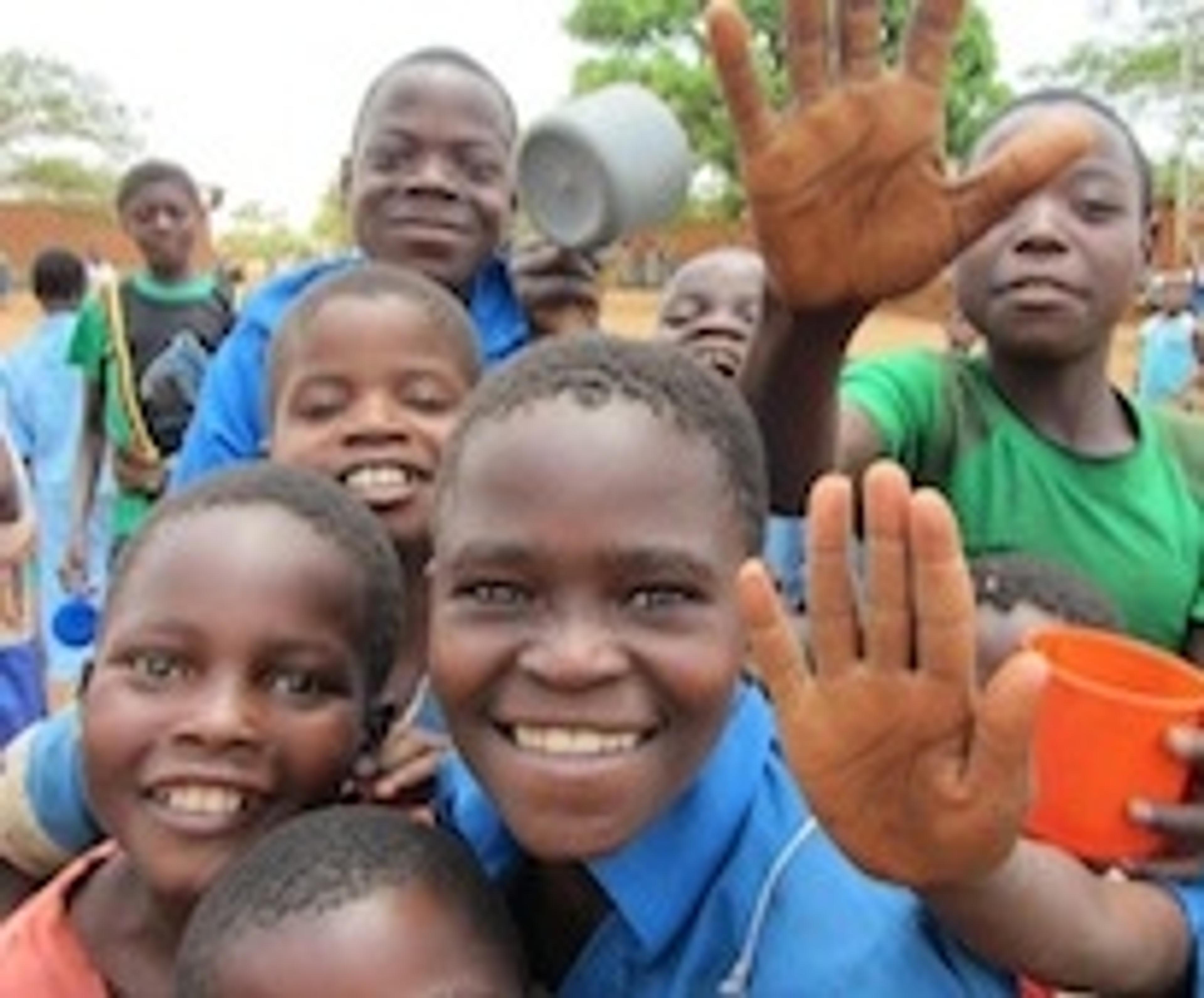Who are they?
Schistosomiasis Control Initiative (SCI) attempts to tackle some of the most socioeconomically devastating diseases in sub-Saharan Africa. Through their work in countries such as Burundi and Ethiopia, SCI fights to stem epidemics of schistosomiasis and intestinal worms, both parasitic diseases spread by contaminated water. SCI is one of Giving What We Can’s high-confidence recommendations, as well as being among GiveWell’s top recommendations. In this post we take a look at SCI as they make inroads into new operational areas.

The problem:
Although they have low mortality rates, schistosomiasis and intestinal worms impair the growth and cognitive development of millions, particularly children. The knock-on effects from this are obviously huge, and tackling these parasitic diseases poses one of the greatest challenges in addressing sub-Saharan Africa’s developmental problems.
Their approach:
SCI conducts mass deworming programs, treating large cohorts of people with deworming drugs at a cost of around $0.79 per treatment. SCI works on getting grants, identifying recipients and offering support to stricken regions.
Why are they recommended?
Predominantly, because of its strong track record and high cost-efficiency. SCI has completed many national deworming programs. Indeed, with SCI’s support, serious schistosomiasis morbidity was eliminated in Uganda through 2003 to 2010. Furthermore, SCI’s treatments only cost 50 pence per person per year, and according to WHO, treating Neglected Tropical Diseases (NTDs) is a ‘best buy’ in public health. At the end of April, SCI reached a milestone by offering the 100 millionth treatment for bilharzia.
What does the future hold?
SCI will now be contributing to funding the launch of the National Master Plan on Neglected Tropical Disease in Ethiopia, and has agreed to provide funds for operations in both Tigray and Zege regions in Ethiopia. SCI will also be injecting money into expanding their operations in Mozambique, Senegal, and Uganda through to October 2013. Furthermore, as of 2013, SCI is expanding its operations into Mauritania and Democratic Republic of Congo.
What can we do?
Historically, in the face of a lack of publicity and funding, SCI has worked to treat NTDs and has generated substantial results. You now have an opportunity to contribute to an organisation expanding its operations within established target zones, and into new areas of sub-Saharan Africa. A donation to SCI therefore represents a donation to an organisation which has a huge amount of ambition, and is backed by a strong track-record in treating NTDs. Furthermore, the implications of SCI’s work for sub-Saharan development mean that the effects of every donation will be felt for decades to come.
Image credit: SCI